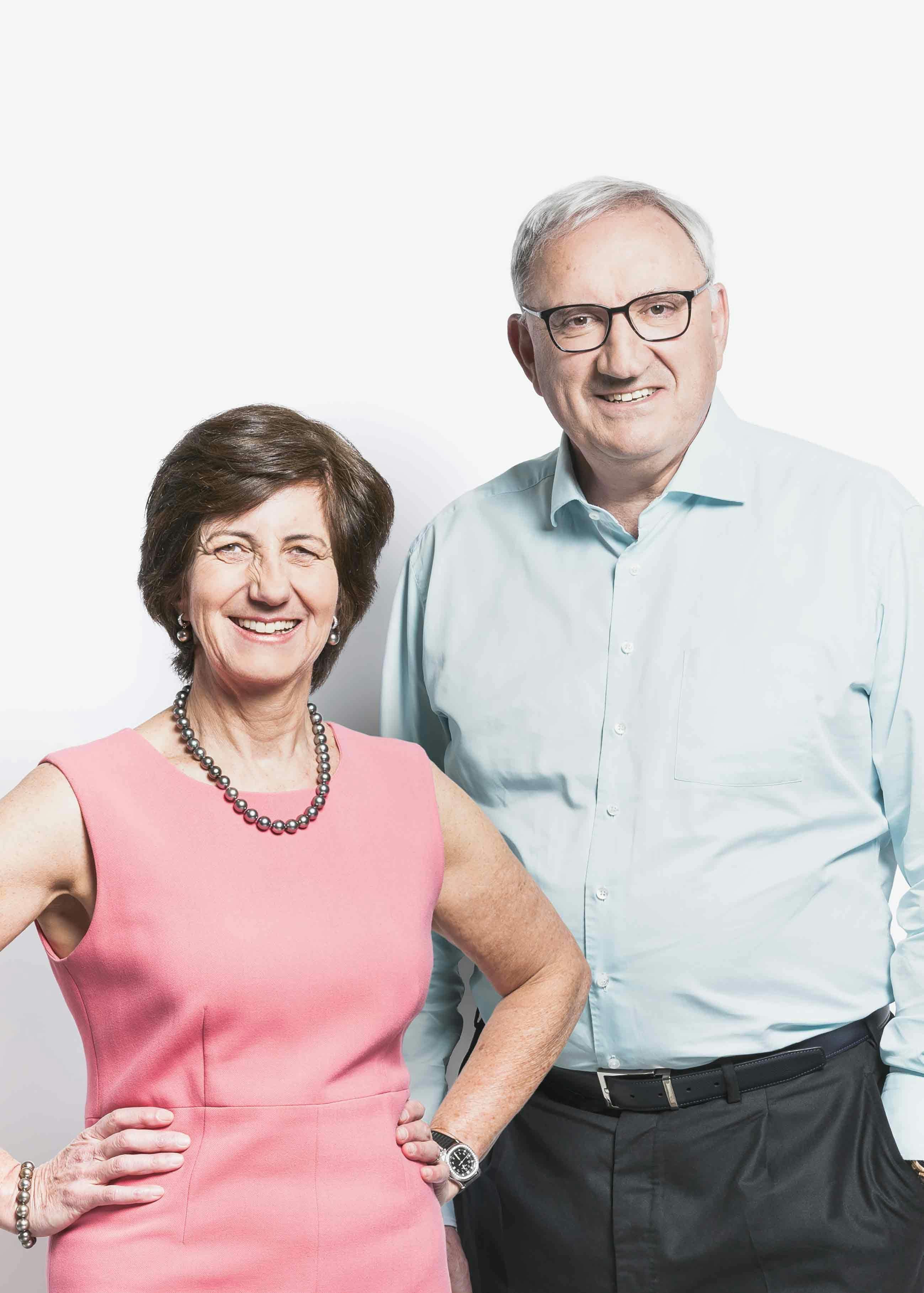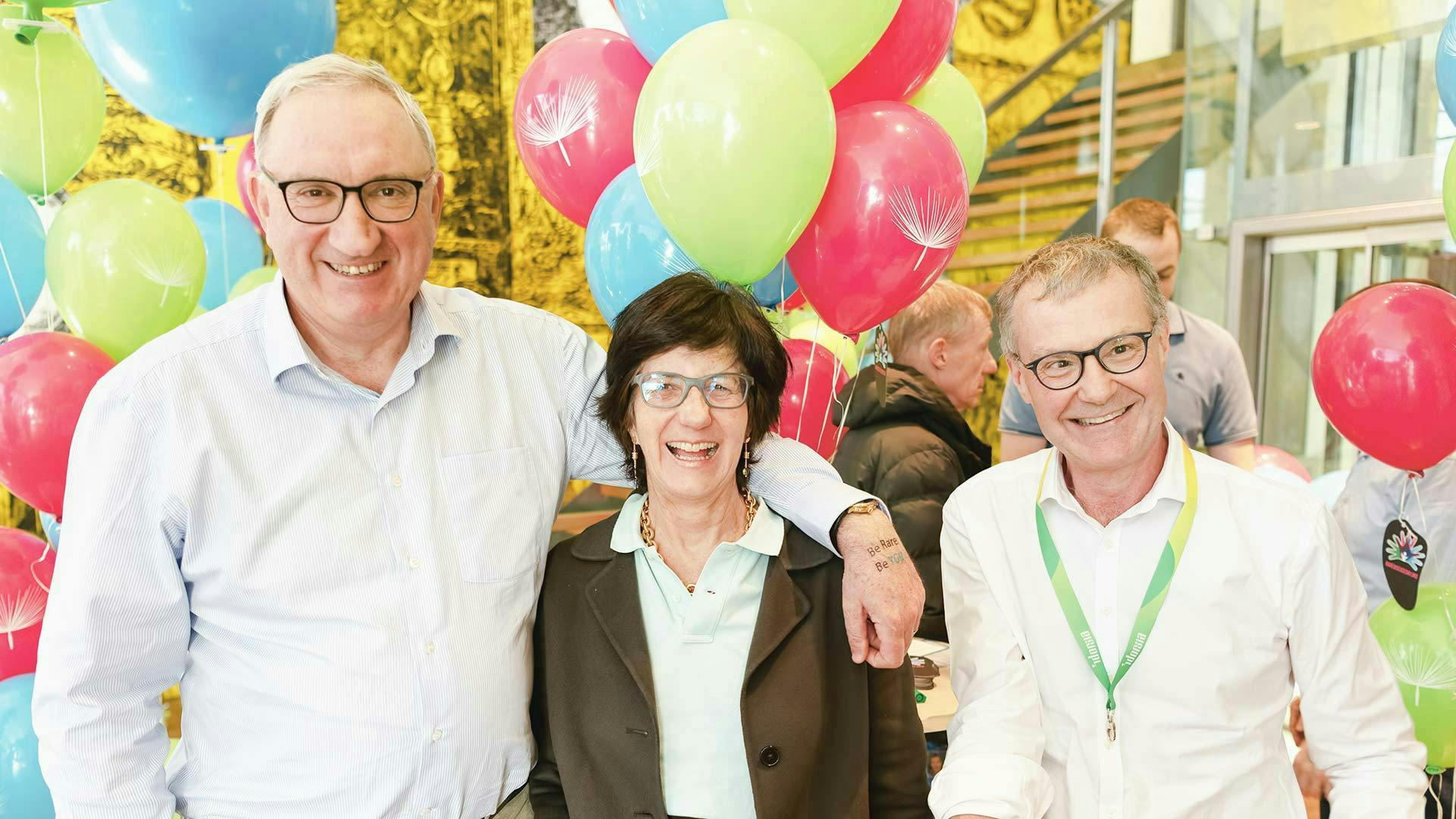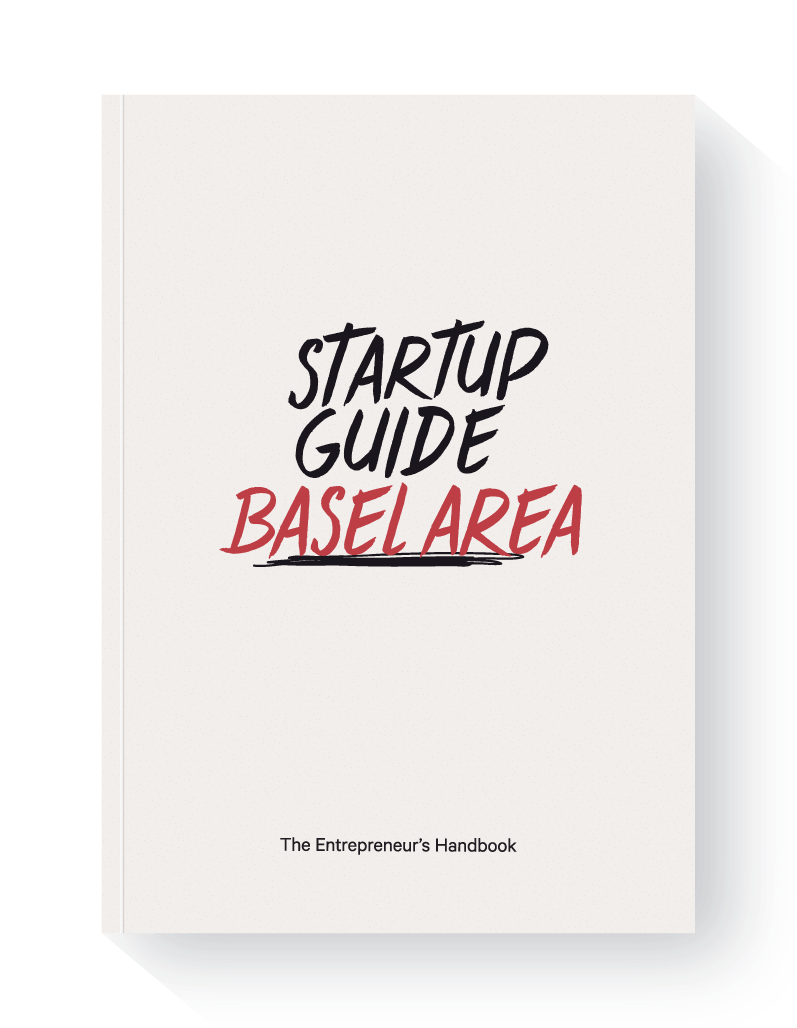From Actelion to Idorsia: The entrepreneurial journey of Jean-Paul Clozel & Martine Clozel
ean-Paul and Martine Clozel met while studying cardiovascular medicine and pediatrics, respectively, in their native France in the 1970s. Further training and research in pharmacology and physiology at prestigious institutions, including McGill University and the University of California, San Francisco, followed before they returned to Europe to lead drug-discovery teams at F. Hoffmann-La Roche in Switzerland. When one of Martine’s discoveries had applications for Jean-Paul’s cardiovascular medicine department, they began to collaborate. In 1997, they cofounded Actelion with Walter Fischli and Thomas Widmann.
In 2017 Actelion was acquired by Johnson & Johnson and the couple cofounded Idorsia as a spin-off, a pharmaceutical company that discovers, develops and commercializes innovative medicines based on small molecules for a range of conditions, including rare and orphan diseases.
Jean-Paul and Martine share some insights about their entrepreneurial path as well as the challenges and opportunities they encountered along the way.

Martine Clozel and Jean-Paul, cofounders of Actelion. Photo: Idorsia
What spurred you to leave Roche and cofound Actelion?
Martine: We were already thinking about creating a new company to be able to drive decisions about R&D when we discovered several new compounds, new mechanisms of action. My main topic was endothelin, and that was really Actelion’s first success, but we had several projects in mind at the time, which allowed us to think about starting a lab; not just a company, but really starting research.
Jean-Paul: The four of us wanted to do research. We had witnessed the creation of Genentech and Apple. We were in San Francisco – you were always discussing things with startups. There was never a startup in Switzerland, and I thought this was a different way to do research. We also had the important discovery of endothelin, but it was mainly a decision to do something different from the big companies. Twenty-five years ago, power was what was driving these companies, the Pfizers of the world, GSK and so on. Commercial power was their main attribute – you had to be big. But suddenly scientific innovation started to take over and we saw that by being innovative, you could compete with big companies.
Martine: There were some big startups, big biotechs – not startups anymore, Genentech, Amgen, maybe the beginning of Gilead – but they were based on antibodies. They were putting their discoveries into motion themselves, doing clinical development and marketing. We wanted to do that but with small molecules.
Why did you set up in Basel?
Martine: One of the founders was Swiss and we were French. All of us had been more than ten years in Roche in Basel and we knew chemistry was very good in Switzerland.
Jean-Paul: If you want to be in fashion, you should be in Paris or Milan. If you want to be in finance, you’d better be in London or New York. If you want to be in pharma, Basel is maybe the city with the biggest concentration of pharma discovery and business in the world.
What else does the city offer for businesses like yours?
Martine: Many aspects, but I will say one word: diversity. It’s very important to have diverse cultures, diverse origins, and it was important for us to have the possibility to grow with diversity.
Jean-Paul: Basel has always been at the intersection of several countries, so we have a lot of German researchers and collaborators, French collaborators. It’s an intellectual city where you can find not only scientists but artists. Thinking, drug discovery and innovation are really part of the culture.
It’s very important to have diverse cultures, diverse origins, and it was important for us to have the possibility to grow with diversity.
What were your greatest achievements with Actelion?
Martine: Our first oral drug compound for pulmonary arterial hypertension. Bringing the first oral drug for a disease that had no treatment except a very cumbersome one. And then bringing other drugs to patients – that’s the biggest satisfaction you can have as a doctor who starts a pharma or biotech company based on research.
Jean-Paul: The beginning and the end. In the beginning, we had the dream to create a real company with affiliates in Japan, the US and Europe with research. I thought it was never possible. It’s like creating a car company: Tesla made it, but this is the exception. It was impossible to think you could compete against Ford, against Renault. We were competing against Roche, Novartis, Merck, GSK. I think that’s really something I was proud of, because we succeeded. At the end, we were bought by Johnson & Johnson, but we could create Idorsia. No one lost their job, no project was stopped. Johnson & Johnson got the drugs they wanted, which
is good for the patient. In such an acquisition, this is the only time that’s happened. It’s unique in the pharma industry, that the commercial part and the drugs went to Johnson & Johnson but they let us continue our research projects.
What convinced you to sell?
Jean-Paul: We didn’t want to sell but finally we had no choice because it was for the investors. But for the patient, the solution that we found was reasonable.
Martine: It was the best outcome we could find to have Johnson & Johnson satisfied, but it was of course necessary for all the employees to be happy about the result in the end, because nobody was going to lose their job. A huge satisfaction was that all the people in research and early development could continue with the new company, Idorsia.
What are the challenges of creating a spin-off like this?
Jean-Paul: It was not easy. It would have been much easier [for Johnson & Johnson] to buy everything and not care about the projects. To separate patents, buildings, contracts... we had forty thousand contracts to deal with; you cannot imagine how difficult that was. If they put a price on the total thing, there would have been no negotiations, only the price. Here it was all aspects: which product goes where, which patent goes where.
Martine: It’s only possible if you have a portfolio. We had this portfolio of research behind our approved compounds, which made it possible to create a new company, but this time with six hundred people, not just four, and ten compounds in development.
Jean-Paul: You also have things like Switzerland’s flexibility in the laws that allowed it. There are some countries where there would have been taxes on the creation of Idorsia that would have made it impossible. And it’s not just us; all the top management and the employees also decided to join Idorsia. If people had taken their money and gone to lie on the beach, there would have been no Idorsia. You need years to create such management. Also the social aspect: In the US, if you are sick, you need to have good insurance, so money is much more important. In Switzerland, scientists can remain long-term. They do not always try to optimize their income. You do not have to decide only because of money.
Don’t do it for money – you will fail.
How is the experience with Idorsia different to setting up Actelion all those years ago? What learnings do you bring to it?
Jean-Paul: Most of our failures [with Actelion] were due to being a young company – when you start from zero, often you don’t have many choices. You have one product, you have money for six months, you don’t have a choice of decisions.
You have to do it and take some risk, which you won’t when you are Idorsia with a rich and robust pipeline. If one fails, it’s not a drama. In Actelion, it was a fight every single day. It was anxiety for me as a CEO because I had no choice. This is not the case in Idorsia. It’s a startup that is three or four years old with research that is twenty years old.
What funding have you raised for Idorsia?
Jean-Paul: We started with CHF 1 billion in cash. Part of that was a convertible note from Johnson & Johnson with a nominal value of CHF 580 million. The rest was cash out of the Actelion war chest. Since then, we’ve done two accelerated book builds for around CHF 300 million each. We did another book build in October 2020 for around CHF 500 million plus. When we did the first transaction, it was accompanied with a CHF 200 million raise as a convertible bond, which is tradable. Added up, it’s roughly CHF 1.4 billion in four instruments over three years.
Any advice for other founders?
Martine: Don’t start alone. We had the team from the beginning, which was very important. Also, you need to be very pragmatic and find solutions, because a lot of questions come on the financial side, on the realization-of-milestones side. You need to think big, see the long term and find a way to survive short term. See what you could become.
Jean-Paul: Don’t do it for money – you will fail. Just do it because you love science, you love innovation and you want to bring something to the patient – that’s the right motivation. Also, it’s great to start a company but you’d better know what you’re doing. Too many people start in pharma or biotechs without knowing what they’re doing. Our business is very regulated, with many components where experience really helps.
A version of this article is included in Startup Guide Basel Area , alongside more founder stories and expert insights. Order your copy now!
Written by Katherine Williams
Repackaged by Anastasia Ilcov

